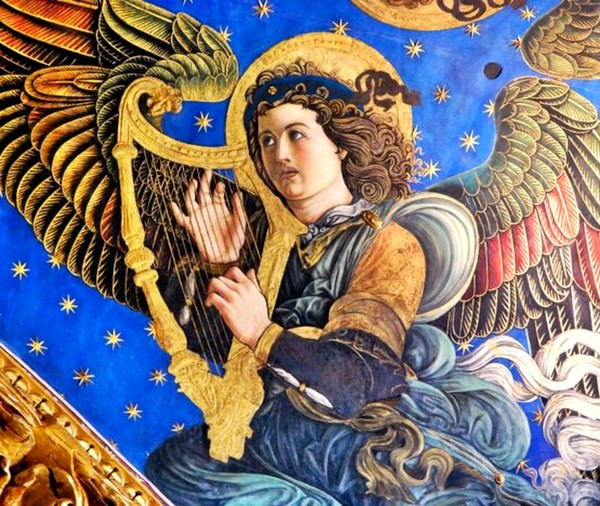
After composing Le travail du peintre, Francis Poulenc said that time for mélodie was over, at least for him. That was in 1956 and in the following four years, he only wrote a couple of songs. He didn’t sit idly though; Dialogues des carmelites was premiered in 1957, La voix humaine in 1958 and Gloria in 1960. That same year he wrote his very last song cycle, La courte paille, adding a new poet to his repertoire, Maurice Carême. Instead of the complexity of Paul Éluard or Apollinaire's poetry, he chose then poems within everyone's grasp.
Maurice Carême was a Belgian poet born the same year as Poulenc, in 1899. He was a school teacher, and worked from 1918 until 1943 when he retired and devoted himself to literature. Baritone Pierre Bernac referred to him as "poet of peace" and "poet of children"; many of his works were written for the little ones.
The courte paille includes seven songs written from seven comptines or little poems for children taken from two volumes of poetry: Le cage aux grillons ("The cage of crickets", 1956) and Le voleur d'étincelles ("Thief of sparks", 1959). Poulenc used to talk about this work with modesty, saying that they were "melancholic or naughty sketches, without pretensions." This doesn't mean that he didn't put a lot of effort into them; a mere audition shows that the cicle might be a bagatelle, but a classy bagatelle. The four melancholic songs are cradle songs or that kind of pieces so useful when we need to calm a child. The three naugthy songs, which alternate with the previous ones, have the opposite effect, children get really excited with their funny, crazy stories and their lively rhythm. It seems as if Poulenc, once more, was showing his two faces, the calm side and the naughty boy. The composer asked Carême to choose a title for that cycle; I wonder if La courte paille (The short straw) was a way to pick the songs.
Not my way in any case. When angels play my beloved Mozart’s music with a harp made of rain, that's surely my first option. Les anges musiciens play on Thursdays; Children were off school on Thursdays afternoon (while Saturdays were school days) and that was the time for their music lessons. They didn't play the harp but the piano and they certainly played Mozart; maybe some of them played the second movement of his concert for piano no. 20, that Poulenc evokes in his song.
To illustrate musically the article, we’ll listen to none other than Poulenc, accompanying Denise Duval, the soprano that premiered Les mamelles de Tirésias, La voix humaine and Dialogues des carmelites and, since Bernac had retired the previous year, she was the voice of his recitals. The composer was really fond of her and dedicated her the songs, "so as she would sing them to her six years old little boy". The video that I'm sharing is part of a programme broadcasted by the French television in February 1961; Poulenc briefly presents the cycle and then the singer and him perform Les anges musiciens and later (today we have a bonus track) the second song of the cycle, Quelle aventure!, which talks about an elephant who travels in a carriage thrown by a flea. Denise Duval was supposed to premiere the cycle soon after this TV show, but she didn't sing it ever again; these two songs are her only recording.
I hope you enjoy this video; It's not every week that we have the very same composer explaining and performing his work. YouTube videos tend to vanish, so I'm also leaving the link to the Institut National de l'Audiovisuel website, which, I hope, will become more reliable.
Les anges du jeudi
Jouent longtemps de la harpe.
Et sous leurs doigts, Mozart
Tinte, délicieux,
En gouttes de joie bleue
Car c’est toujours Mozart
Que reprennent sans fin
Les anges musiciens
Qui, au long du jeudi,
Font chanter sur la harpe
La douceur de la pluie.
the Thursday angels
play all day upon the harp.
And beneath their fingers, Mozart
tinkles deliciously,
in drops of blue joy.
For it is always Mozart
that is repeated endlessly
by the angel musicians,
Who, all day Thursday,
sing on their harps
the sweetness of the rain .
(translation by Winifred Radford)